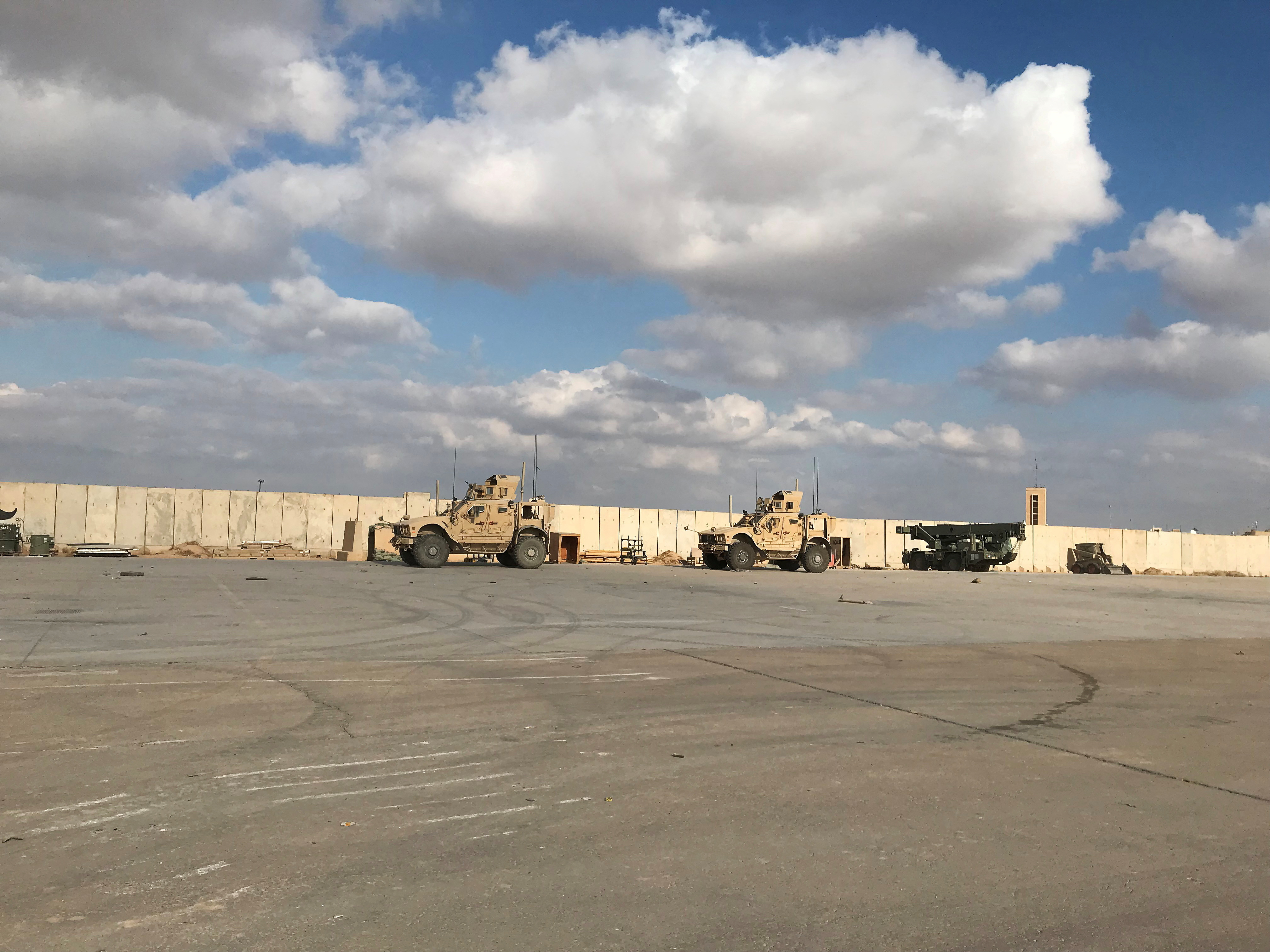Democratic Senator Tim Kaine of Virginia has made a stark accusation against former President Donald Trump, claiming he has "in all likelihood" exaggerated the damage inflicted on Iran"s nuclear program by recent U.S. airstrikes. This admission comes in the wake of significant military action that has reignited concerns about the United States" role in escalating tensions in the Middle East.
Trump"s Claims Contradicted by Intelligence Reports
According to a report by the Associated Press, initial assessments from the Defense Intelligence Agency indicate that the military strikes on three Iranian nuclear facilities did not achieve the sweeping success Trump suggested. The strikes, which targeted sites south of Tehran, have been described as having "limited" impact, potentially only delaying Iran"s nuclear ambitions by a matter of months. This raises serious questions about the administration"s narrative regarding the effectiveness of military force.
Military Action vs. Diplomacy
Senator Kaine emphasized that the military actions taken under Trump’s leadership were misguided, stating, "This war really is sort of on Trump"s shoulders because he tore up a nuclear deal that was working." The Joint Comprehensive Plan of Action (JCPOA) was designed to limit Iran"s nuclear capabilities and was supported by not just allies, but also by Trump"s own national security advisors. Kaine"s call for prioritizing diplomacy over bombs could not be more pressing, especially given the complex geopolitical landscape where military strikes are seen as a last resort rather than a first option.

Transcript of Trump’s speech on US strikes on Iran - The …
Misleading Narratives and Damage Control
The chaotic aftermath of the strikes reveals a troubling pattern of misinformation and damage control. Trump"s hyperbolic claims of "total obliteration" of Iran"s nuclear program stand in stark contrast to the reality articulated by military experts and intelligence officials. A leaked preliminary report described the effects of the airstrikes as "limited," and the Pentagon has scrambled to align its messaging with the president"s inflated rhetoric. This inconsistency undermines public trust in government communications and further complicates the already fraught relationship between the United States and Iran.
Consequences for National and Global Security
The implications of Trump"s actions extend far beyond the immediate military outcomes. Experts warn that escalating military interventions could lead to unintended consequences, potentially provoking Iran to retaliate or to expedite its nuclear development efforts in secret. As reported by Brookings, the U.S. strikes may have only fueled Iran’s resolve to strengthen its nuclear capabilities, contradicting the very objectives the strikes were intended to achieve. The cycle of violence and retaliation could spiral out of control, further destabilizing the region.

White House says Iran "actively facilitating" some attacks on ...
The Need for Accountability and Transparency
As the fallout from these military strikes continues to unfold, the urgent need for accountability and transparency becomes increasingly clear. Kaine"s concerns about the administration"s selective sharing of classified information with Congress highlight a broader issue of governance. The president"s decision to notify Republican leaders while sidelining Democratic leaders is unprecedented and poses significant threats to bipartisan oversight of military actions. A functioning democracy must ensure that all elected officials have access to the same information, especially when it comes to decisions of war and peace.
Failure to address these discrepancies not only threatens the integrity of governmental processes but also puts the lives of countless individuals at risk—both American service members and civilians in conflict zones. The stakes could not be higher; the time for a principled approach grounded in diplomacy and transparency is now.



![[Video] Gunfire between Iraqi security forces and Sadr militias in Baghdad](/_next/image?url=%2Fapi%2Fimage%2Fthumbnails%2Fthumbnail-1768343508874-4redb-thumbnail.jpg&w=3840&q=75)
